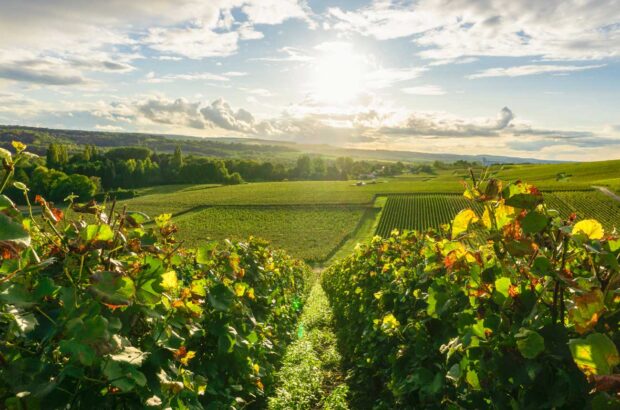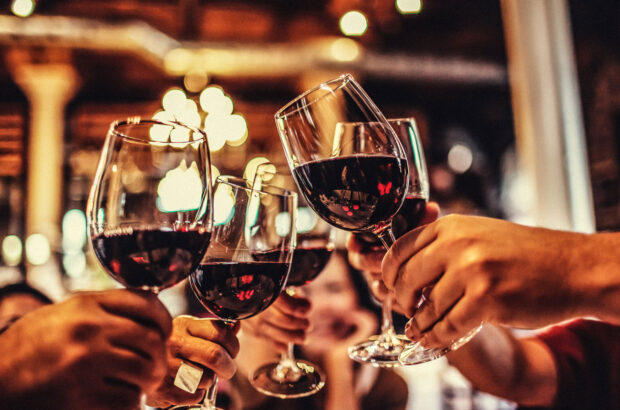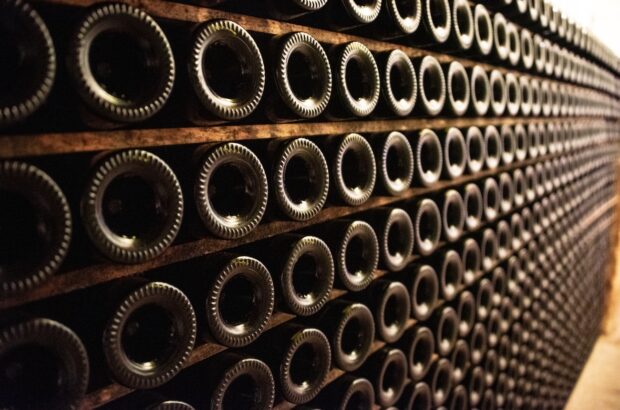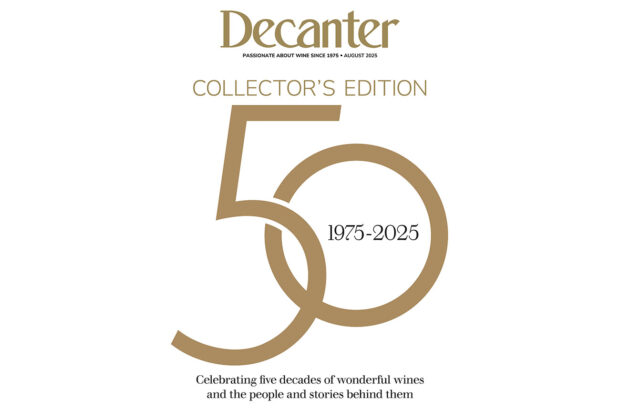Against all odds, Vinexpo claims the Bordeaux wine fair was a success this year, with more visitors - and many standholders upbeat about the way things went last week.
A Vinexpo press release says the estimated number of visitors will be 3-5% up on 2003. ‘Satisfaction and confidence have been restored,’ the organisation says, according to its poll of 625 visitors.
Vinexpo spent the year mired in negative press. New Zealand Winegrowers, Wines of South Africa and the Australian Wine Bureau all pulled out in February citing the high cost of taking a stand amongst other reasons. ICE, the Italian trade body, cancelled in May, and is being sued for breach of contract.
But chief executive Robert Beynat is positive. He told decanter.com on Thursday, ‘everything is fine. There is no crisis in the wine world. Visitors are up, everybody is happy.’ He conceded later that there were certain regions of the wine world – such as Bordeaux and much of France as well as parts of the New World – that were in great difficulty.
Beynat said the fair is no smaller this year in terms of square metres, but there are less stands. This is because, he said, they wanted to make it ‘more comfortable’ for the standholders, with more corridor space and less crowds.
Standholders agreed there was more space, especially in the newly-built Hall 3, which was cool and spacious – but that was not always seen as a positive development.
‘It’s great here – there’s masses of space, it’s cool – but it’s too quiet,’ Jacob’s Creek winemaker Phil Laffer said on the Pernod Ricard stand in Hall 3.
There remains extraordinary bad feeling between Vinexpo and the Australians over the air conditioning breakdown of 2003 and the perceived indifference of the organisers.
Wines of South Africa were also absent – and it seems those that stayed reaped the benefits.
‘The Argentinians and the Chileans are delighted,’ David Longfield of UK trade magazine Drinks International said. ‘Without the Aussies and the South Africans they have a clear run. They’re getting appointments every 45 minutes.’
Elsewhere, standholders were impressed by the quality of the visitors. ‘It’s been very good for us,’ Thibaut Marion of Seguin-Manuel in Beaune said. ‘We were reluctant to come, and were sure that the number of visitors would be much lower than 2003.’
Those that were visiting needed to be highly motivated, and so he should have made ‘a lot of new clients.’
Eugeni Brotons of Torres, speaking on the Spanish producer’s palatial stand, said he was pleased with the number of new people who wanted to find out about their new ventures in Ribera and other regions. But he was surprised by the 5% increase. ‘I would have said it was a bit flat this year.’
Often, standholders were pleased by the numbers coming to the stand but said there was a dearth of new clients.
On the Rhone stand, Christian Paly said the fair was ‘Very good, with a good mix of people in a bad economic climate. We are very surprised by the dynamic. We have made a few new clients but mostly it was existing customers.’
Others were interested by the number of winemakers who came round to taste. Viv Menon, working for New Zealand producer Thornbury, said, ‘it’s like benchmarking. We had Sauvignon Blanc producers from all over the world wanting to see what it was that makes us stand out.’
Menon said in future it might be more profitable to target markets more exactly. He cited Dusseldorf’s Prowein, or Vinexpo Asia, as a more efficient way of getting wines into a particular sector.
For smaller producers Vinexpo remains the place to get wines seen. For someone like Thibault Marion, in the middle of the Burgundy section, there was no problem.
But for Elena Walch from Alto Aldige in Italy – who came without the ICE umbrella – the story was different.
‘I am a tiny island in an ocean of wine,’ she said. Her small stand is lost amongst the thousands around her. ‘I’ve made no new clients. I will come next year because you have to be seen at the biggest fair in the world.’
The general mood is that this was a surprisingly successful Vinexpo given the low expectations, but that things are changing. It has become an unweildy behemoth at a time when adaptability and quick reaction to markets is the key.
The London International Wine and Spirits Fair is constantly cited as more accessible, smaller, easier – and annual, so offering more continuity.
Beynat is not worried by London. There is no competition – they are good friends with LIWSF organisers Brintex, he said.
The Vinexpo formula would not change for 2007, ‘though there will be more space.’
What about all the people who have been offended, rightly or wrongly, over the last year. Is he going on a charm offensive to woo back the Italians, the Australians and South Africans?
‘There is something happening in the wine world. We can feel the vibrations. It won’t be a charm offensive, it’ll be a business offensive.’
Written by Adam Lechmere






